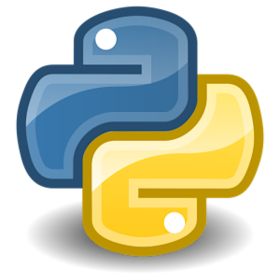What you’ll learn
After completing this course, students will be able to:
Create interactive visualisations with Bokeh
Write code to automate these processes
Create user-defined functions and classes
Use loops and other control structures, plus alternatives
Use method chaining and pipes to perform multiple operations on DataFrames
Python at Lumify Work
Lumify Work's Python offering has been refreshed to include courses which fully align to certifications from the Python Institute. Our courses are delivered by Python programming experts who can structure their topic flow to your goals and functions, whether it's Python for automation or for data science or for finance.
Who is the course for?
This course is intended for those who want to learn to work more efficiently in Python.
Course subjects
Introduction
Working more efficiently in Python
Automating frequent data analysis operations
Principles of working more efficiently with code
User-Defined Functions
When to create your own functions
Function basics
Parameters
Positional vs keyword arguments
Defining a function
Indentation
Scope
*args and **kwargs
Unpacking operators
Order of arguments in a function
Adding a docstring
Assertions
Loafing functions for reuse
lambda expressions
Loops and Other Control Structures
if…elif...else
for loops
Loop over sequences
Loop over ranges
Enumerate
Loop over pandas groups
Loop over multiple lists while loops
else, break and continue
Saving results from a loop
Combining loops and functions
Loop and if-else alternatives
np.where() and np.select()
Conditional expressions
List comprehensions
Python built-in map() function
Evaluating performance efficiency
IPython and magic commands
pandas map()
pandas apply() and applymap()
User-Defined Classes
Performing multiple operations on DataFrames
Interactive Visualisations with Bokeh
Bokeh basics
Working with Bokeh in Jupyter
Glyphs
Providing data
Using the Bokeh toolbar
Customising the Bokeh toolbar
Creating links between plots
Using interactive legends
Add tooltips
Plotting from a grouped pandas
DataFrame
Save your Bokeh chart
Prerequisites
Python for Data Analysis - Advanced builds upon the skills learned in our Beginner and Intermediate courses.
Students should have attended these courses or be very familiar with the concepts covered in them. You will not be expected to write code from scratch but having these skills will better enable you to engage with the content.
Minimum requirements:
Terms & Conditions
The supply of this course by Lumify Work is governed by the booking terms and conditions. Please read the terms and conditions carefully before enrolling in this course, as enrolment in the course is conditional on acceptance of these terms and conditions.

